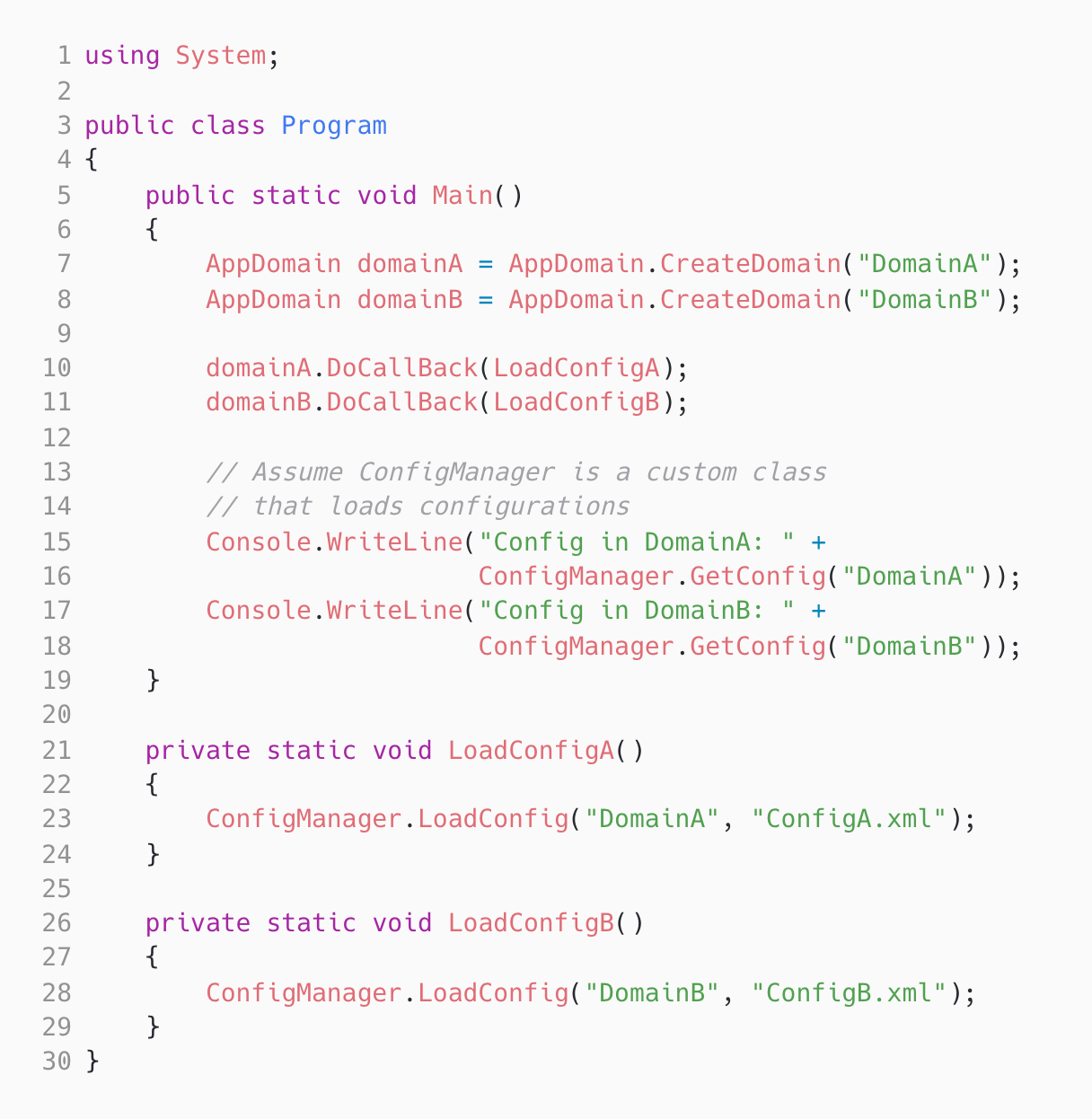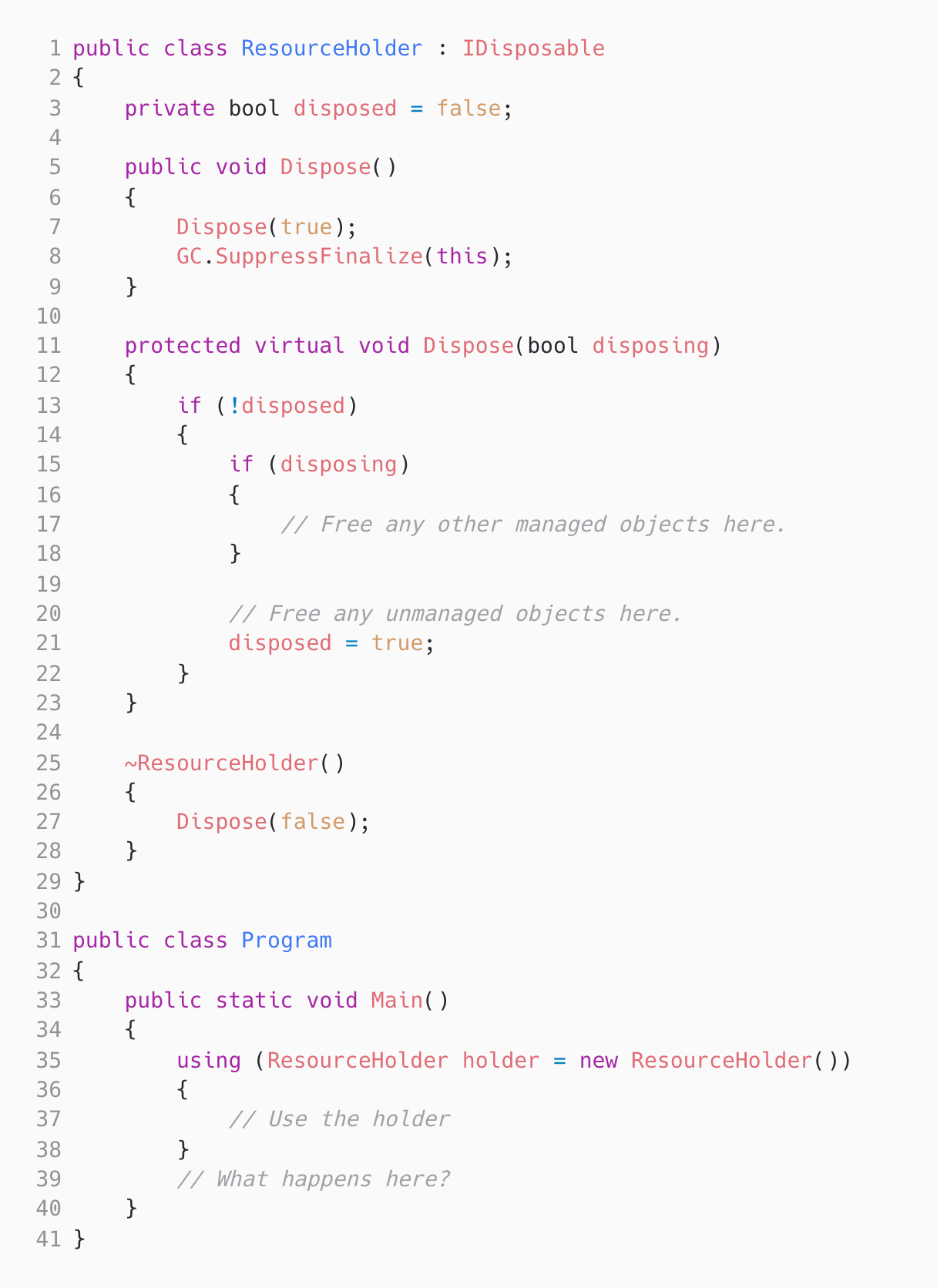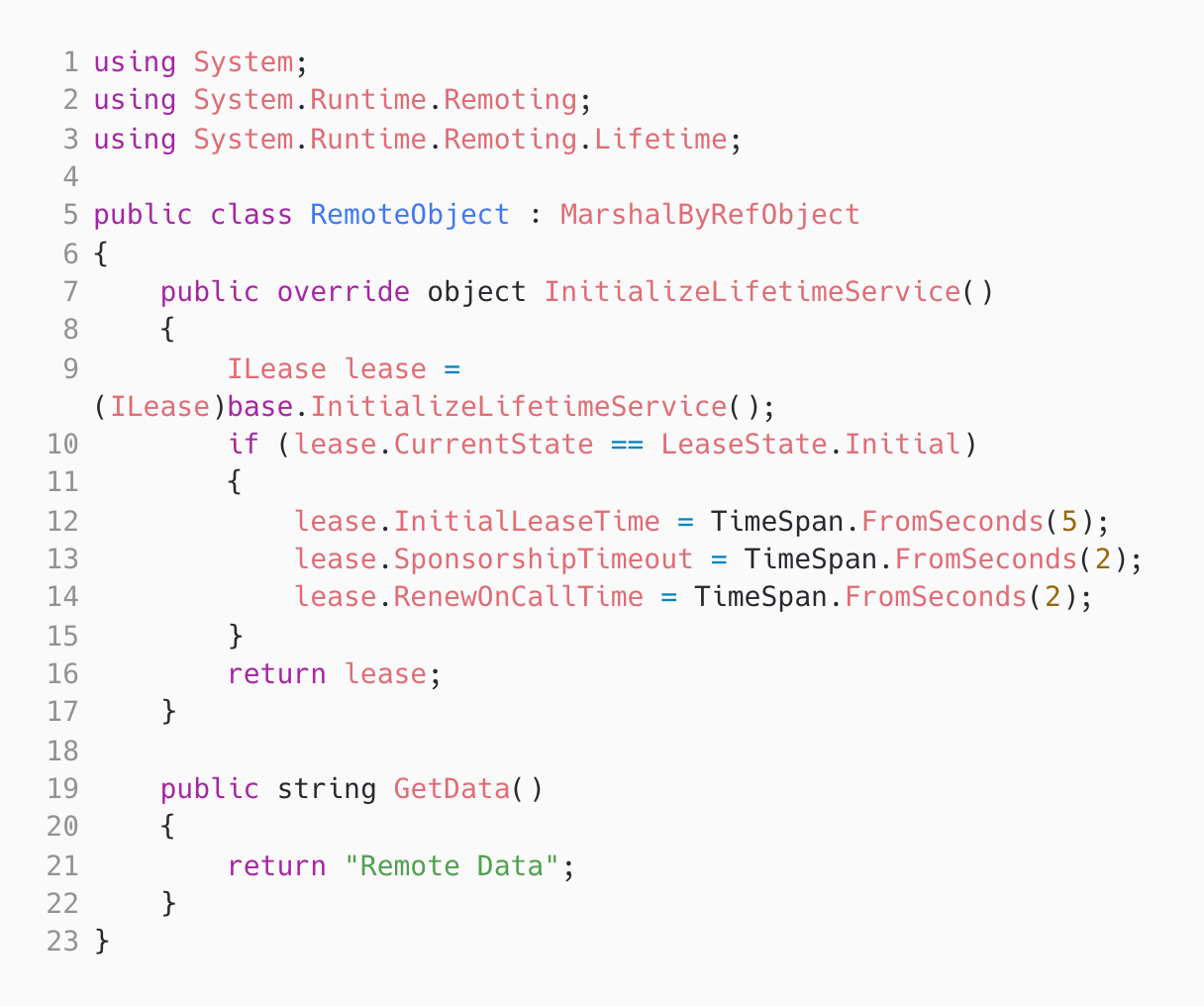Variables and Data Types: Variables and Data Types refer to the fundamental building blocks of a VB.NET program. This skill covers the declaration and usage of variables, as well as the different data types available in VB.NET. Measuring this skill helps evaluate a candidate's understanding of how to store and manipulate data in a program.
Operators and Expressions: Operators and Expressions deal with the various arithmetic, logical, and relational operators used in VB.NET. This skill includes understanding operator precedence, evaluating expressions, and working with different types of operators. Testing this skill is important to assess a candidate's ability to perform calculations and make logical decisions in their code.
Control Statements: Control Statements refer to the structures used to control the flow of execution in a VB.NET program. This skill covers concepts such as loops (for, foreach, while) and conditional statements (if-else, switch). Measuring this skill helps gauge a candidate's ability to implement logic and make decisions based on different conditions.
Arrays: Arrays provide a way to store multiple values of the same data type in VB.NET. This skill involves understanding how to declare, initialize, and access elements in an array. Testing this skill helps assess a candidate's ability to use arrays effectively in their programs to organize and manipulate data.
Functions and Procedures: Functions and Procedures are reusable code blocks in VB.NET that perform specific tasks. This skill involves understanding how to define functions and procedures, pass parameters, and return values. Testing this skill helps evaluate a candidate's understanding of modular programming and their ability to write reusable code.
Classes and Objects: Classes and Objects are the building blocks of object-oriented programming in VB.NET. This skill covers concepts such as class definition, object instantiation, and accessing class members. Measuring this skill helps assess a candidate's understanding of object-oriented principles and their ability to design and implement classes and objects.
Inheritance and Polymorphism: Inheritance and Polymorphism are key concepts in object-oriented programming. This skill involves understanding how to create derived classes from base classes and how to work with polymorphic behavior. Testing this skill helps evaluate a candidate's understanding of inheritance, code reusability, and their ability to design and implement inheritance hierarchies.
Exception Handling: Exception Handling is a technique used to handle runtime errors gracefully in a program. This skill involves understanding how to catch and handle exceptions using try-catch blocks. Measuring this skill helps assess a candidate's ability to write robust code that can handle unexpected errors and maintain program stability.
File Handling: File Handling involves reading from and writing to files in VB.NET. This skill covers concepts such as file input/output, file access modes, and error handling. Testing this skill helps evaluate a candidate's ability to work with external files, perform file operations, and handle potential file-related errors.
Database Connectivity: Database Connectivity involves connecting and interacting with databases in VB.NET. This skill covers concepts such as establishing connections, executing SQL queries, and retrieving data from databases. Measuring this skill helps assess a candidate's ability to work with databases, perform CRUD operations, and handle data retrieval and manipulation.
ASP.NET Web Forms: ASP.NET Web Forms is a web development framework for creating dynamic websites and web applications using VB.NET. This skill covers topics such as web controls, handling events, and managing state in web forms. Testing this skill helps evaluate a candidate's understanding of web development concepts and their ability to create interactive web applications using VB.NET.























































